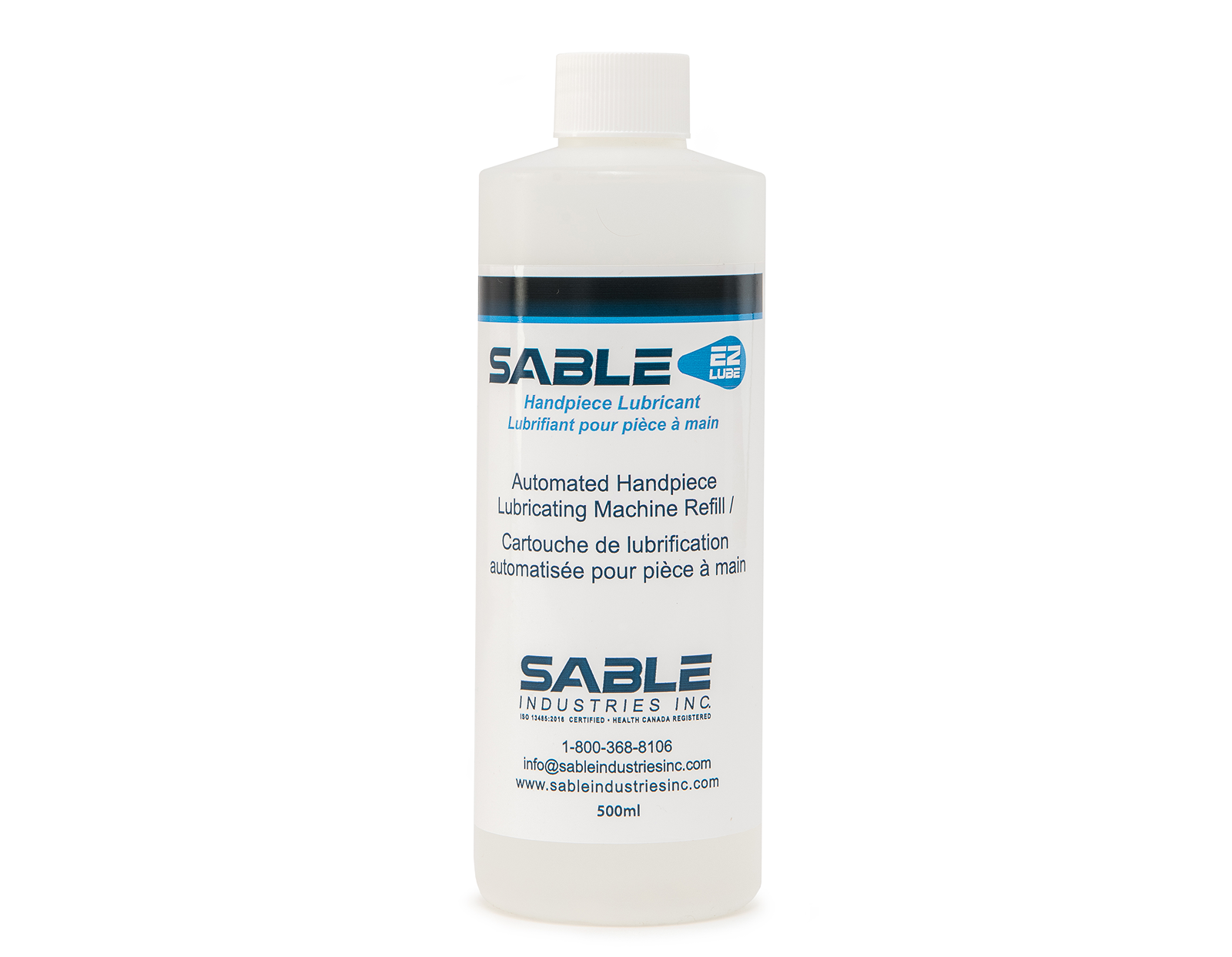Your ordeal in the dental chair may be over, but treatment doesn’t end when you leave the office. Proper post-surgical care at home is a critical step towards good oral health. Follow these post-surgical home care tips to hit the smoothest road to recovery after dental surgery.
Knowing What to Expect
Every procedure is different. Even relatively minor surgeries, like dental implants and tooth pulling, require proper after-care to heal well.
Talk to your dentist or oral surgeon about post-surgical home care before you go in for surgery. They may advise you to adjust your normal routine, change your diet, or refrain from certain activities to give yourself time to heal. If you know what to expect, you can prepare these arrangements in advance and jump straight to recovery after the dental surgery is over.
Helping Incisions Heal
Every procedure is different. Even relatively minor surgeries, like dental implants and tooth pulling, require proper after-care to heal well.
Talk to your dentist or oral surgeon about post-surgical home care before you go in for surgery. They may advise you to adjust your normal routine, change your diet, or refrain from certain activities to give yourself time to heal. If you know what to expect, you can prepare these arrangements in advance and jump straight to recovery after the dental surgery is over.
Once the bleeding stops, follow these tips to help the wound heal:
- Brush and floss carefully around the incision.
- Wait 24 hours, the rinse your mouth gently with a mixture of salt and water, not mouthwash!
- Avoid drinking ay warm liquids, like tea or coffee.
- Don`t drink anything through a straw, as this can dislodge the blood clot.
- Never touch the incision with your fingers!
If the wound continues to bleed for more than four hours after the surgery, contact your dentist or oral surgeon.
Relieving a Sore Jaw
Having a stiff, sore jaw is a common complaint after oral surgery. In most cases, your jaw will feel better after a few days of rest. It helps to swap out solid foods for something easy to chew, like eggs, pasta, or smoothies. You can gradually re-introduce solid foods into your diet as you recover.
Treating Swelling and Bruising
Swelling is a normal reaction to many oral surgeries. In some cases, the tissue also bruises for a few days after the swelling goes down.
The best way to deal with bruising and swelling depends on the time that has passed since the procedure. In the first 24 hours, you may apply a cold compress to the area for up to ten minutes at a time; after 48 hours, switch to something warm, like a hot water bottle in a towel.
Call your dentist or oral surgeon if swelling continues to worsen 48 hours after the surgery, or persists for longer than a week.
Following Expert Advice on Post-Surgical Home Care
While these post-surgical home care tips are useful for most oral surgery, your dentist has the last word. Always follow their directions when it comes to after-care, and ask them if you have any questions or concerns about your recovery. Be sure to attend any follow-up appointments to confirm you’re on the right track.


